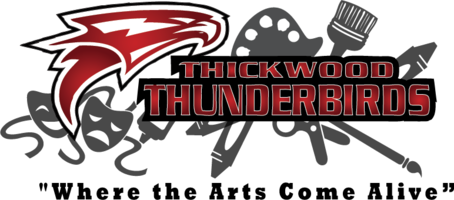There is often confusion regarding the roles of parents in the School Council and Parent Advisory Council. We have prepared this explanation so that you can understand the difference and make an educated decision about getting involved with these two valuable organizations in support of our school.
School council is a collective association of parents, teachers, secondary students, principal, staff and community representative(s) whose purpose is to advise the principal and the board respecting matters relating to the school.
It is a means for parents and community members to work together with the school to support and enhance student learning.
Membership in the school council is defined in regulation and in the School Act. The majority of the members are parents of children enrolled at the school. Other members are the principal, one or more teacher representatives and a high school student, if the school has a high school.
A school council may also have an Early Childhood Services (ECS) parent, if the school has an ECS program, and a community member. The Executive of the School Council is made up of the Chair, Vice-Chair, Principal, Teacher Rep and Secretary. Some school councils have student reps and community reps as well.
A school council is a vehicle to support meaningful parental involvement in decisions that affect the school and its operations. School council provides the venue for parents to reflect the wishes of the broader community for the education of its students and to actively participate in giving advice and support to the principal in the operations of the school.
The actual decision-making authority of the school council is limited to
- setting policies to govern school council activities at the school level, as described in the School Act,
- planning support activities that align with school council‘s purpose and
- choosing which advice to provide the principal and board on areas that specifically fall to them.
